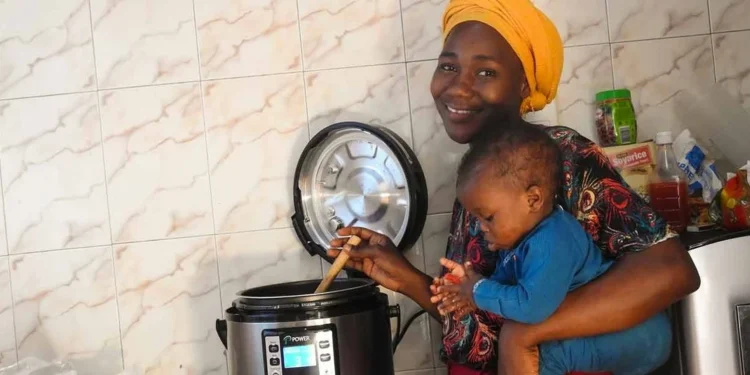Uganda has launched a nationwide initiative to reduce the use of firewood and charcoal. With nearly 90% of its population still relying on traditional biomass for cooking, the country has introduced the Uganda Biogas and Electric Cooking Project (UBEP), which aims to improve the health, nutrition, and food sustainability of millions of households.
The initiative brings modern solutions such as electric cooking appliances and biogas plants, especially to urban areas and public spaces like schools and markets. These technologies not only reduce exposure to harmful smoke but also allow food to be prepared faster, more efficiently, and more healthily. Moreover, biogas use produces organic byproducts that can be repurposed as fertilizer, closing the loop between cooking, agriculture, and food systems.
From soil to hope: agricultural innovation changing lives
“The way we cook also defines how we eat and how we live,” said one of the program’s coordinators. With the distribution of over 77,000 electric cooking devices and the construction of 47 biogas plants, Uganda seeks to make a transformative impact on food security, reduce deforestation, and protect its most vulnerable communities—particularly women and children.
The project also promotes technical training for small businesses and public awareness campaigns to accelerate the shift toward healthier cooking practices. All of this aligns with the country’s Vision 2040, Energy Transition Plan, and its commitment to the Paris Agreement, integrating sustainability goals into every meal.
Largely funded by the African Development Fund’s Climate Action Window, with support from the United Kingdom and the Ugandan government, UBEP stands out as one of Africa’s most significant public efforts in clean cooking. Beyond technology, this initiative redefines the link between food, health, and the environment across the continent.










